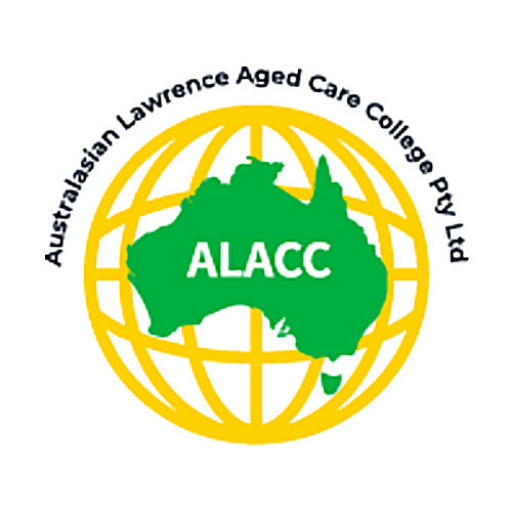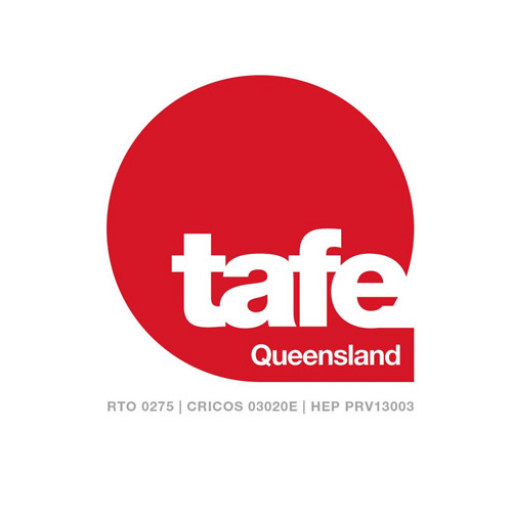This qualification reflects the function of pathology collectors. Workers in this role follow known routines and procedures, taking responsibility for their own work under general supervision. They combine communication, customer care and technical abilities, and use discretion and judgment to accommodate and move their skills to different situations.To achieve this qualification, the candidate should have done at least 35 hours of are detailed in the Assessment Prerequisites of components of competency.No law, legislative, regulatory or certification requirements apply to the qualification during publication.
Pathology Collection at ALACC Health College offers a comprehensive program designed to equip students with the essential skills and knowledge required for a successful career in pathology and laboratory science. The course curriculum encompasses fundamental concepts in human biology, medical microbiology, molecular biology, and clinical laboratory practices. Students gain hands-on experience in specimen collection, processing, analysis, and reporting, ensuring they are well-prepared for real-world applications in medical and diagnostic laboratories. The program emphasizes understanding various pathological conditions, laboratory safety protocols, and quality assurance measures to maintain high standards of laboratory practice. Throughout the course, students will explore topics such as hematology, biochemistry, histopathology, cytology, and microbiology, providing a broad understanding of the diagnostic processes used to detect and monitor diseases. The training also includes instruction in the use of modern laboratory equipment and techniques, including automation and digital pathology systems. Additionally, students will develop critical skills in data interpretation, report writing, and communication, which are essential for collaborating effectively within multidisciplinary healthcare teams. The program is tailored to meet industry standards and incorporates up-to-date technological advances in pathology laboratories. Upon completion, graduates will be prepared to pursue various roles in clinical laboratories, pathology practices, research institutions, and healthcare facilities. The Pathology Collection course at ALACC Health College is committed to fostering a professional and ethical approach to laboratory work, ensuring students adhere to strict safety, confidentiality, and quality control protocols. With a focus on practical skills and theoretical knowledge, the program aims to produce competent, efficient, and ethical pathology professionals dedicated to improving health outcomes through accurate laboratory testing and diagnostics.
Program requirements for the Pathology Collection at ALACC Health College typically include the completion of prerequisite coursework, such as foundational studies in biology, chemistry, and health sciences, to ensure students possess the necessary background knowledge. Applicants are generally expected to have achieved a minimum high school GPA equivalent to Australian standards, with specific marks in relevant subjects like biology and chemistry. Candidates must submit official transcripts, detailed personal statements outlining their interest in the field, and letters of recommendation from academic or professional referees who can attest to their suitability for the program. Additionally, proficiency in English is mandatory; therefore, applicants must provide evidence of language competency through standardized tests such as IELTS or TOEFL, meeting the minimum score requirements as specified by the college.
Work experience or relevant practical training in medical laboratories or health care settings can enhance an applicant’s profile, demonstrating practical skills and commitment to the field. Certain programs may require candidates to undergo an interview or assessment to evaluate their motivation, communication skills, and understanding of pathology and laboratory procedures. It is also recommended that applicants familiarize themselves with the college’s ethical standards and compliance policies related to handling biological specimens and sensitive health data.
Once enrolled, students are expected to complete both theoretical coursework and practical laboratory training, adhering strictly to safety protocols and professional standards. They must pass all assessments, including written exams, case studies, practical demonstrations, and projects, to meet program graduation criteria. The program emphasizes interdisciplinary knowledge, detailed understanding of disease mechanisms, laboratory diagnosis techniques, and quality control procedures. Successful completion prepares graduates to work in diagnostic laboratories, research institutions, or pursue further studies in pathology or related health sciences. Overall, adhering to these requirements ensures students develop the competency, ethical understanding, and technical skills necessary for a career in pathology and laboratory medicine.
The Pathology Collection program at ALACC Health College, Australia, offers a comprehensive approach to funding and financial assistance options available to students pursuing this qualification. Tuition fees are structured based on the level of the program and whether students are domestic or international. For domestic students, the program may be subsidized through government-funded schemes such as the Australian Government's VET Student Loans (VSL) program, which can cover part of the tuition costs, reducing the financial burden significantly. International students, on the other hand, are typically required to pay full tuition fees, which vary depending on the course duration and specific content. Detailed fee schedules are published on the college’s official website and are subject to change annually.
In addition to government assistance, ALACC Health College provides a range of financial aid options designed to support students financially throughout their studies. These may include scholarships, which are awarded based on academic performance, financial need, or special criteria such as indigenous status or dedication to health sciences. Scholarship applications are generally open for submission prior to the start of each academic year and require applicants to meet specific eligibility requirements outlined by the college.
Furthermore, students may access payment plans that allow for spreading tuition fees over several installments, making it easier to manage finances without the need for large upfront payments. Some students might also consider private financial institutions for student loans, although eligibility and terms vary. It is recommended that students contact the college’s financial aid office for personalized advice and assistance in navigating their funding options.
Cost considerations also include additional expenses such as textbooks, laboratory supplies, and exam fees, which students are advised to budget for separately. ALACC Health College may offer bundled packages or resource discounts to assist students with these costs. Part-time work opportunities are often available for students enrolled at the college, providing additional avenues for income during the course duration.
In conclusion, financing a Pathology Collection program at ALACC Health College involves understanding government assistance schemes, scholarships, and payment options. The college continuously updates its financial aid offerings to support diverse student needs, promoting accessibility and affordability of healthcare education in Australia. Students are encouraged to consult the official college resources or contact the financial aid office directly for the most current information and personalized guidance.
The Pathology Collection program at ALACC Health College in Australia is designed to provide students with comprehensive knowledge and practical skills in the field of pathology. This program aims to prepare graduates for careers in medical laboratories, diagnostic services, and research settings. The curriculum typically covers a range of topics including human anatomy and physiology, biochemistry, microbiology, hematology, and clinical pathology techniques. Students are often trained in specimen collection, processing, and analysis, ensuring they can accurately assist in diagnosing diseases and monitoring health conditions. Practical training is a significant component of the program, offering hands-on experience in laboratory environments under supervision. The program also emphasizes the importance of adhering to safety standards, ethical considerations, and quality control procedures in pathology practice. Graduates of the program are equipped to work in hospital laboratories, private diagnostic clinics, or pursue further studies in related health fields. The program duration may vary but generally spans over one to two years, often featuring a combination of classroom instruction, laboratory practice, and industry placements to enhance practical competencies. Admission requirements usually include a high school diploma or equivalent, with a preference for applicants demonstrating a keen interest in health sciences. The program is aligned with national health standards and aims to meet the growing demand for qualified pathology technicians across Australia. Overall, the Pathology Collection course at ALACC aims to build a solid foundation for students entering a vital aspect of healthcare, ensuring they have the necessary skills to support medical professionals and improve patient outcomes through accurate pathology testing and analysis.









